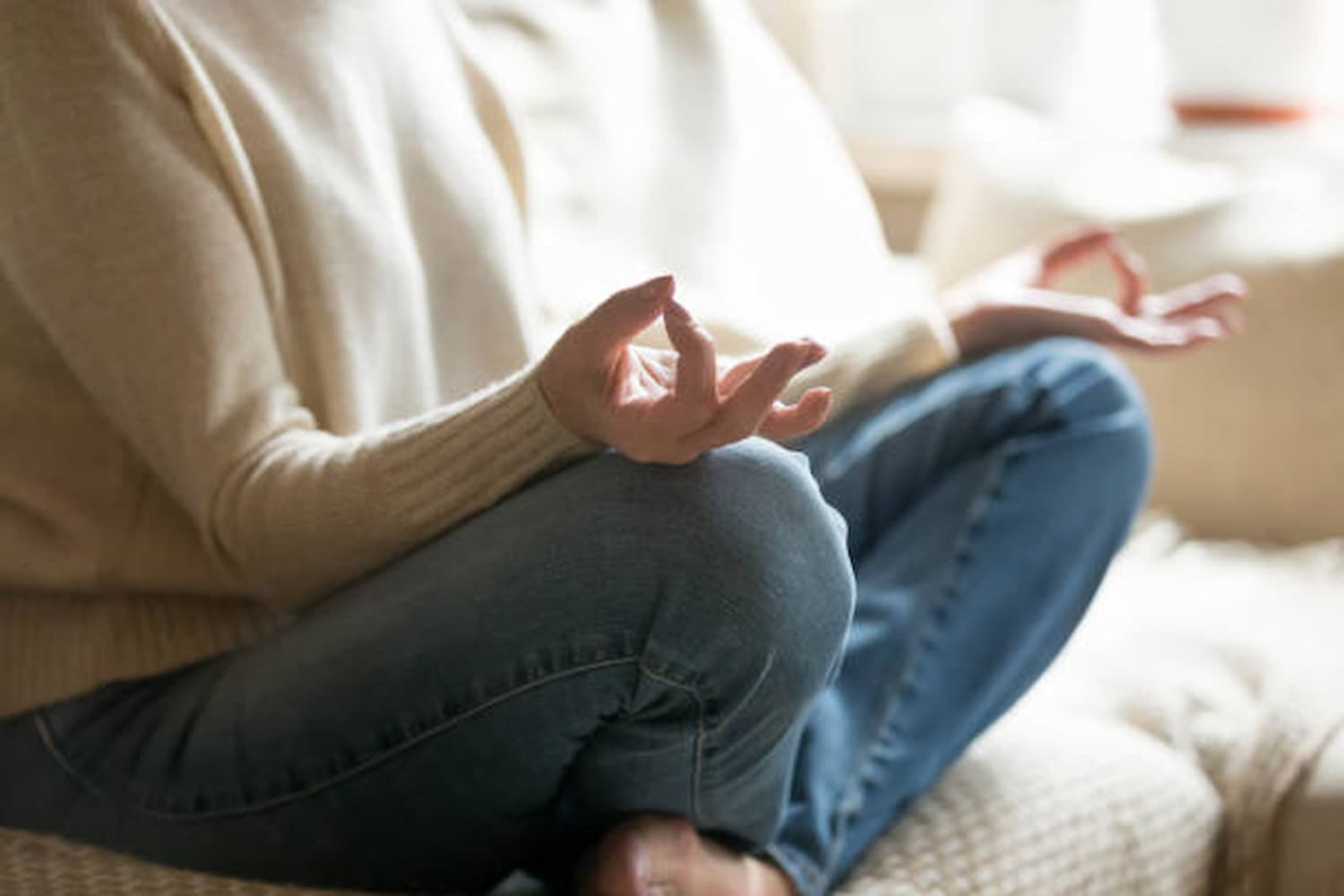Addiction, in its simplest form, is a term used to describe any habitual, psychological and physiological dependence on any substance beyond one’s voluntary control. It can turn us into drug addicts, neurotics, alcoholics and workaholics, just to name a few.
There are many complementary therapies that may be used in conjunction with traditional medical treatment to relieve symptoms of addiction withdrawal. Please read on for more information.
Symptoms of Addiction
Addiction can cause physical and psychological symptoms. The following are some of the most common mental and physical signs of substance abuse:
- Difficulty in cutting down or controlling the addictive habit/behaviour
- Withdrawal symptoms occur when the individual doesn’t take the addictive substance or engage in the addictive activity
- Increased tolerance towards the addictive behaviour or substance
- The addiction taking the main focus of the work, social and recreational activities
- A preoccupation with the addiction, involving the individual taking a lot of time to prepare to engage in the addictive behaviour
- Extended amounts of sleep in the day and night
- Unexpected illness, weight loss or weight gain
- Fluctuating energy levels and swinging moods
- Financial problems
- Lying and stealing
- Slurred speech
- A change in social groups and environment
Common Addictions
- Alcohol
- Food, particularly sugar
- Caffeine
- Cigarettes
- Sleeping pills and other pharmaceuticals
- Cannabis
- Cocaine
- Heroin and other opiates
- Exercise
- Gambling
- Shopping
- Sex
- The Internet
- Work
Natural Treatments for Addiction
Holistic treatments focus on treating the whole person, including the mind, body and spirit. Natural remedies, as opposed to conventional treatments that mask the effects of addiction, address addiction at its root to ensure long-term recovery. If you're looking for an effective treatment for addiction that doesn't rely solely on traditional rehabilitation methods, as well as one that's less expensive and easier to obtain, you'll be happy to know that the following natural treatments can aid in addiction recovery:
- Acupuncture for addiction: Through the use of needles on the skin, acupuncture aims to unblock any unwanted negative energy in the body that may be causing or fuelling substance use disorders. It also aims to stimulate the energy of detoxification organs such as the liver, kidneys and lungs that may support the recovering addict throughout the healing process.
- Counselling for addiction: An addict often feels there is no support around them when fighting an addiction, which causes feelings of isolation, loneliness and depression. A professional counsellor aims to resolve these feelings by helping the client understand how and why the addiction came about in the first place and may offer tools that help the recovering patient manage the quitting process more easily. Counselling can be done on a one-to-one basis or through self-help groups.
- Herbal medicine for addiction: Herbal medicine employs herbs and other medicinal plant extracts to treat substance use disorders and the withdrawal symptoms experienced in quitting from them. It aims to treat the addiction by strengthening the immune system, detoxifying the body, promoting and addressing the mind/body system. There are many herbs that can help to ease withdrawal symptoms and cravings. Some of the most popular include kava kava, ginger, kratom, lavender and chamomile.
- Hypnotherapy for addiction: Hypnotherapy is a therapeutic technique used to safely access the powers of the subconscious mind. It acts to put an addicted individual into a sleep-like state in which the person acts only on external suggestions that support the quitting process. Hypnotherapy may also assist those fighting addictions with a range of issues from high stress and low self-esteem to motivation and self-improvement.
- Massage for addiction: Massage can be helpful in the withdrawal, detoxification and abstinence stages of quitting drug addiction. It helps someone fighting an addiction to relax, diminish feelings of depression and anxiety and reduce withdrawal-associated pain and cravings for the substance or behaviour.
- Meditation for addiction: Meditation works to treat addictions and alleviate their withdrawal symptoms by providing a road of self-exploration that can often reveal their root cause. It functions to reduce physical symptoms as well as quiet the excessive, obsessive stream of negative thoughts often experienced by those withdrawing.

- Exercise for addiction: Exercise is not only beneficial for physical health, but mental health as well. Exercise releases endorphins, which can improve mood and help reduce stress, preventing emotional and mental relapse in people in addiction recovery. Furthermore, exercise provides a healthy outlet for pent-up energy and frustration, which can prevent people from turning to illicit drugs or alcohol as a way to cope.
- Nutrition for addiction: Eating a healthy diet is an important part of addiction recovery, as it can help to reduce cravings and provide the nutrients that the body needs to heal. Including plenty of fruits, vegetables and lean protein in your diet can be helpful, as well as drinking plenty of water to stay hydrated.
- Yoga for addiction: Yoga has been shown to be an effective natural treatment for addiction recovery. Yoga helps to reduce stress and anxiety, improve sleep quality and increase overall feelings of wellbeing. Yoga can also help to build strength and flexibility, both of which are important in the recovery process.
Source: Desert Cove Recovery
5 Ways to Prevent Addiction
Addiction is a mental health disorder characterised by compulsive behaviours that impair one's ability to make rational decisions. Alcohol use disorders and other forms of substance abuse can be treated, albeit with varying degrees of difficulty, depending on the individual's willingness to overcome their addiction. It is far easier to prevent a potential addiction than it is to treat one. Here are five strategies for avoiding the dangers of addiction:
Education
Education is one of the most important ways to prevent addiction. It can help people understand the risks of using drugs and alcohol addiction, and it can help them learn how to cope with stress in a healthy way. Education can also teach people about the dangers of addiction and how to seek help if they or someone they know is exposed to environmental factors, peer pressure or other factors that could lead to addiction.
Early Intervention
Get help as soon as you notice the first signs of addiction before they worsen. By intervening early, individuals can avoid the spiral of addiction. Early intervention can take many forms, but some of the most effective methods include education about the effects of addiction, as well as support from family and friends. Additionally, early intervention can also involve therapy or counselling to address any underlying issues that may be contributing to addictive behaviour. By taking action early, individuals can increase their chances of maintaining sobriety and avoiding the negative consequences of addiction.
Treatment and Aftercare
Addiction is a complex disease that affects the body, mind and spirit. It is a chronic illness that requires treatment and long-term care. Treatment and aftercare programs offer addicts the support they need to overcome their addiction and rebuild their lives. These programs provide a safe, supportive environment where they can get the treatment they need, learn new skills and make healthy choices.
Prevention Programs
Prevention programs are important in stopping addiction before it starts. These programs can teach people about the dangers of substance abuse and how to avoid it. They can also provide support and resources to those who are at risk of developing an addiction. There are many different types of prevention programs for addiction. Some common examples include education and awareness programs, family support programs and peer-support programs.
Community Support Networks
Community support networks can prevent addiction by teaching people about the dangers of addiction and how to avoid it. They also provide support for people who are struggling with addiction, as well as their families. Community support networks are an excellent resource for not only preventing but also treating addiction.
There are many treatment options available to assist you or a loved one in overcoming addiction. Some people may require medication to control withdrawal symptoms and cravings, while others may benefit from natural therapies or herbal remedies. It is important to work with a qualified healthcare provider who can develop a customised plan to meet your specific needs.
Originally published on Jun 17, 2010




